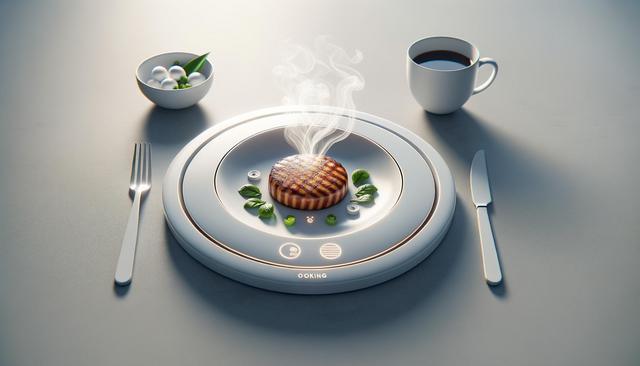Water is often hailed as the elixir of life, and for good reason. From keeping our bodies hydrated to aiding in various physiological functions, water is undeniably crucial for our well-being.
The Importance of Staying Hydrated
Hydration is essential for maintaining the body’s fluid balance, which is crucial for various bodily functions, including digestion, circulation, and temperature regulation. According to Dr. John Bateman, a renowned health expert, ‘Proper hydration is vital for overall health as it helps to transport nutrients and oxygen to cells, remove waste, and maintain healthy skin.’
What the Research Says
Numerous studies emphasize the importance of hydration. For instance, research published in the Journal of Biological Chemistry reveals that water makes up about 60% of the human body. Even mild dehydration can impair mood, memory, and brain performance according to a study in the Journal of Nutrition. A well-hydrated body is more efficient at performing everyday tasks.
Personal Stories: Hydration in Real Life
‘I used to struggle with headaches and fatigue until I started paying more attention to my water intake,’ says Julia, an avid runner. ‘Now, I make sure to carry a water bottle wherever I go, and I’ve noticed a significant improvement in my energy levels and overall mood.’
How Much Water Do You Need?
The amount of water each person needs can vary based on several factors, including age, climate, and physical activity level. However, a general guideline from the National Academies of Sciences, Engineering, and Medicine suggests a daily water intake of about 3.7 liters for men and 2.7 liters for women.
Actionable Tips for Staying Hydrated
- Carry a water bottle: Make it a habit to carry a reusable water bottle with you throughout the day.
- Set reminders: Use a hydration app or set reminders on your phone to drink water at regular intervals.
- Eat water-rich foods: Include fruits and vegetables like cucumbers, oranges, and watermelon in your diet.
- Monitor your urine: A pale yellow color usually indicates proper hydration.
Comparing Hydration Methods
| Method | Pros | Cons |
|---|---|---|
| Plain Water | Zero calories, readily available | Can be bland for some |
| Infused Water | Added flavor, same benefits as plain water | May require preparation time |
| Sports Drinks | Electrolytes, beneficial for intense exercise | High in sugars |
| Coconut Water | Natural electrolytes, low in calories | Can be expensive |
| Herbal Teas | Variety of flavors, zero calories | May contain caffeine |
| Milk | High in nutrients | High in calories |
| Fruit Juices | Tasty, contains vitamins | High in sugars |
| Sparkling Water | Refreshing, zero calories | May cause bloating |
FAQs About Hydration
How can I tell if I’m dehydrated?
Common signs include dark urine, dry mouth, fatigue, and dizziness. If you experience these symptoms, it’s a good idea to increase your water intake.
Is it possible to drink too much water?
Yes, drinking excessive amounts of water can lead to water intoxication, which can be dangerous. It’s important to balance your intake and listen to your body’s signals.
Are there beverages that dehydrate you?
Yes, drinks like coffee, alcohol, and sugary sodas can have a dehydrating effect, so it’s best to consume them in moderation.
Pro Tips for Enhanced Hydration
- Start your day with water: Drink a glass of water first thing in the morning to kickstart your hydration.
- Flavor your water: Add slices of lemon, lime, or cucumber for a refreshing twist.
- Track your intake: Use a water-tracking app to ensure you’re meeting your daily hydration goals.
Conclusion
In summary, staying hydrated is fundamental to maintaining good health. By understanding the importance of water, incorporating hydration into your daily routine, and making informed choices about your fluid intake, you can significantly enhance your overall well-being. So, grab that water bottle, stay hydrated, and enjoy the multitude of benefits that come with it.



